Projects selected in 2023
Fernanda dos Santos Rodrigues Silva
 |
This research stems from the desire to contribute to the expansion of black participation in the debate on AI regulation in Brazil, recognizing that this is an urgent issue that especially affects this social group through what has been termed ‘algorithmic racism’. Thus, the study sought to listen to what black experts had to say about the following thematic axes: a) challenges related to the use and development of AI, b) evaluation of the existing regulatory framework, and c) important instruments or tools to combat algorithmic racism. To do so, the study adopted the theoretical framework proposed by Bianca Kremer regarding the need for a ‘racial re-focusing’ when discussing algorithmic regulation. Together with an understanding of the legislative landscape, the findings allowed the development of recommendations for all the stakeholders involved in the debate: academia, civil society, government, and the private sector. |
Camilo Alfredo Arratia Toledo
 |
Lately, information and communication technologies (ICTs) and internet access have been rapidly evolving, transforming the society in a way similar to the transformation caused by the Industrial Revolution. However, this technological progress has not been evenly distributed, creating digital gaps affecting several regions and social groups. In particular, Bolivian indigenous youth have stood out for their active engagement and participation in the digital sphere, seeking to adopt technology and establish their digital identity in line with their experience with technology. In this sense, this report delves into the process of technology appropriation by Bolivian indigenous youth. It uses the Rational Model of Technology Appropriation to explore the stages of access, learning, integration and transformation of technology in their life. It also identifies the digital gaps they face, including access, skills and outcomes gaps. This study includes a qualitative approach that deals with the experiences of Bolivian indigenous youth in highlands and lowlands, and it intends to show how their interaction with technology impacts their identity, ambitions and opportunities. |
Melquiades (Kiado) Cruz Miguel
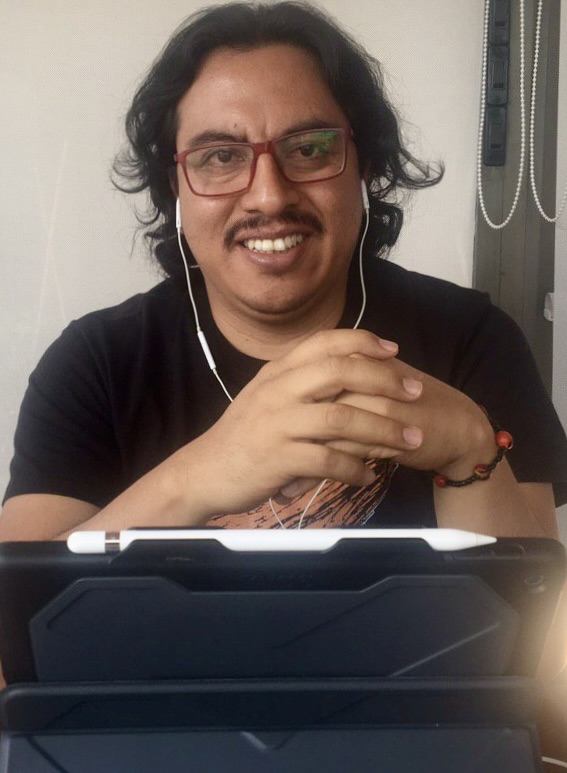 |
“Comunidatos” is established in the indigenous communities of Oaxaca, Mexico, a region known for its cultural diversity and indigenous presence. These communities have deep historical roots and have protected their traditions, tongues and unique cultural practices against external forces. However, they currently face challenges posed by the digital age and data mining, threatening their autonomy and privacy. Even though their collective rights are legally recognized, their effective exercise is a challenge. This podcast explores how data mining impacts their everyday life and whether their participation in cyberspace can erode their cultural identity. It aims at understanding how to balance digital connectivity with the preservation of their ancient traditions. Key topics include community data governance to protect sensitive information about land, rituals and intellectual property. Strategies will be devised so that communities can actively participate in the decisions about their data, instead of being passive subjects of extraction. Preventing the digital gap from becoming a new form of marginalization is a big challenge. Risks include losing their autonomy and covert extractivism in tech endeavors. |
Laura Alejandra Palacios Ramirez
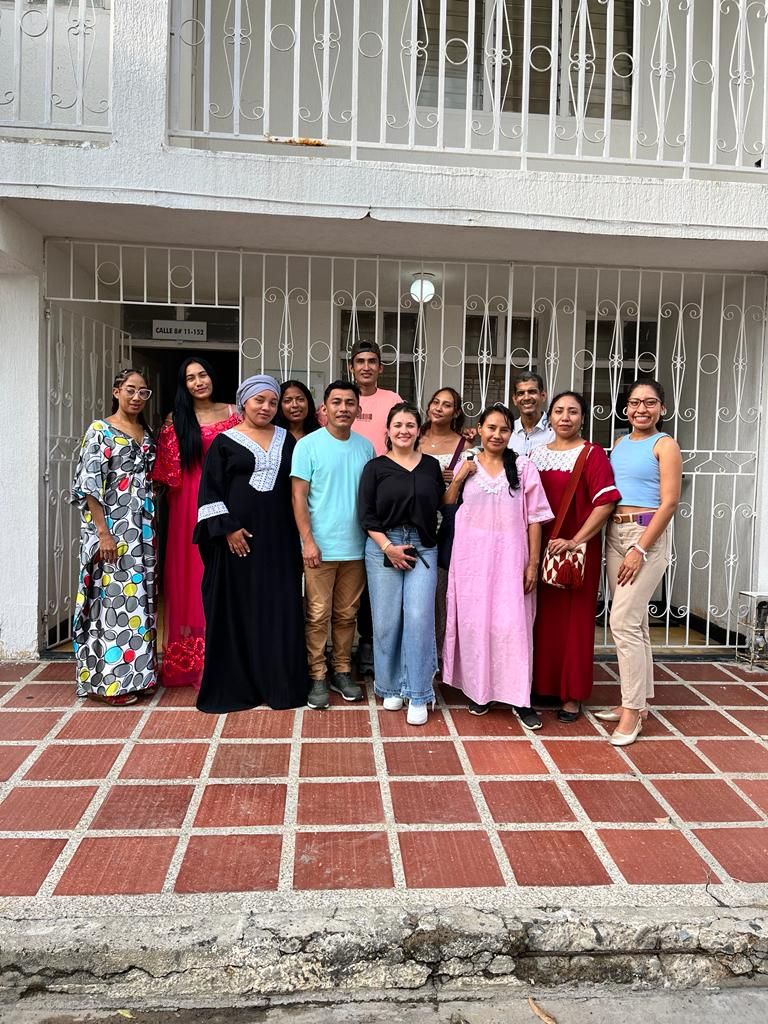 |
One of the issues faced by indigenous communities in the digital age is disinformation and the lack of literacy processes to verify online information from a differential approach based on the Wayuu indigenous communities’ perspective so that they can protect their culture, prevent cultural appropriation, combat disinformation and make informed decisions. A practical and theoretical workshop was conducted in the city of Riohacha to deal with disinformation and fact-checking. This provided participants with basic tools, both practical and theoretical, to verify facts online. Verifying information is key for these communities. Working with educators allowed us to share our knowledge, and they will now be able to pass on said knowledge to their students and other members of their communities. With the support of local managers and knowledge creation dynamics, represented by Wikipeetia (the Wayuu Wikipedia) in the Wayuunaiki language, we managed to create interaction between these indigenous digital scenarios. |
Kindy Vereus Montreuil
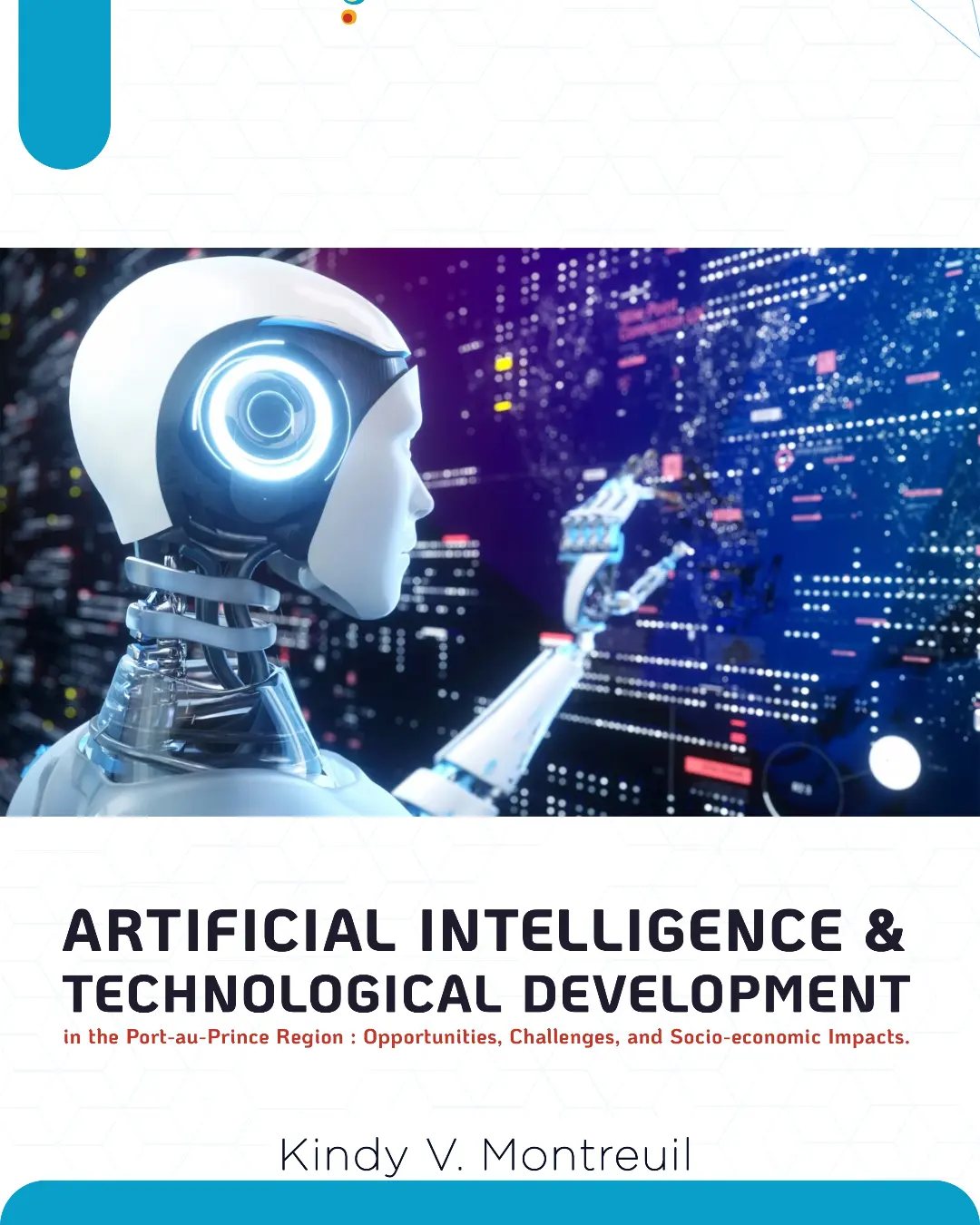 |
Artificial Intelligence (AI) has emerged as a transformative force globally, offering unprecedented opportunities for socio-economic development. This research focuses on AI's impact in Haiti's Port-au-Prince region, examining its potential benefits, challenges, and socio-economic consequences.AI holds promise in enhancing public service delivery, fostering innovation in local businesses, and creating skilled job opportunities. However, it also presents challenges like ensuring equitable access to its benefits, protecting personal data, and addressing the need for workforce upskilling.A survey involving 30 participants revealed substantial AI awareness and usage across various sectors, particularly in healthcare, education, and the economy. While participants recognized AI's potential advantages, they expressed concerns about infrastructure limitations, required skills, and ethical considerations.The research underscores the dual nature of AI adoption, emphasizing the importance of comprehensive education, infrastructure enhancements, and well-crafted policies to maximize benefits while mitigating risks. Ultimately, this study seeks to provide a comprehensive overview of AI's opportunities and challenges in Port-au-Prince, with implications for both the local community and broader socio-economic development. Its findings may serve as a foundation for informed policies and strategies aimed at harnessing AI's potential while ensuring equitable benefits for all. |
Ana Müller
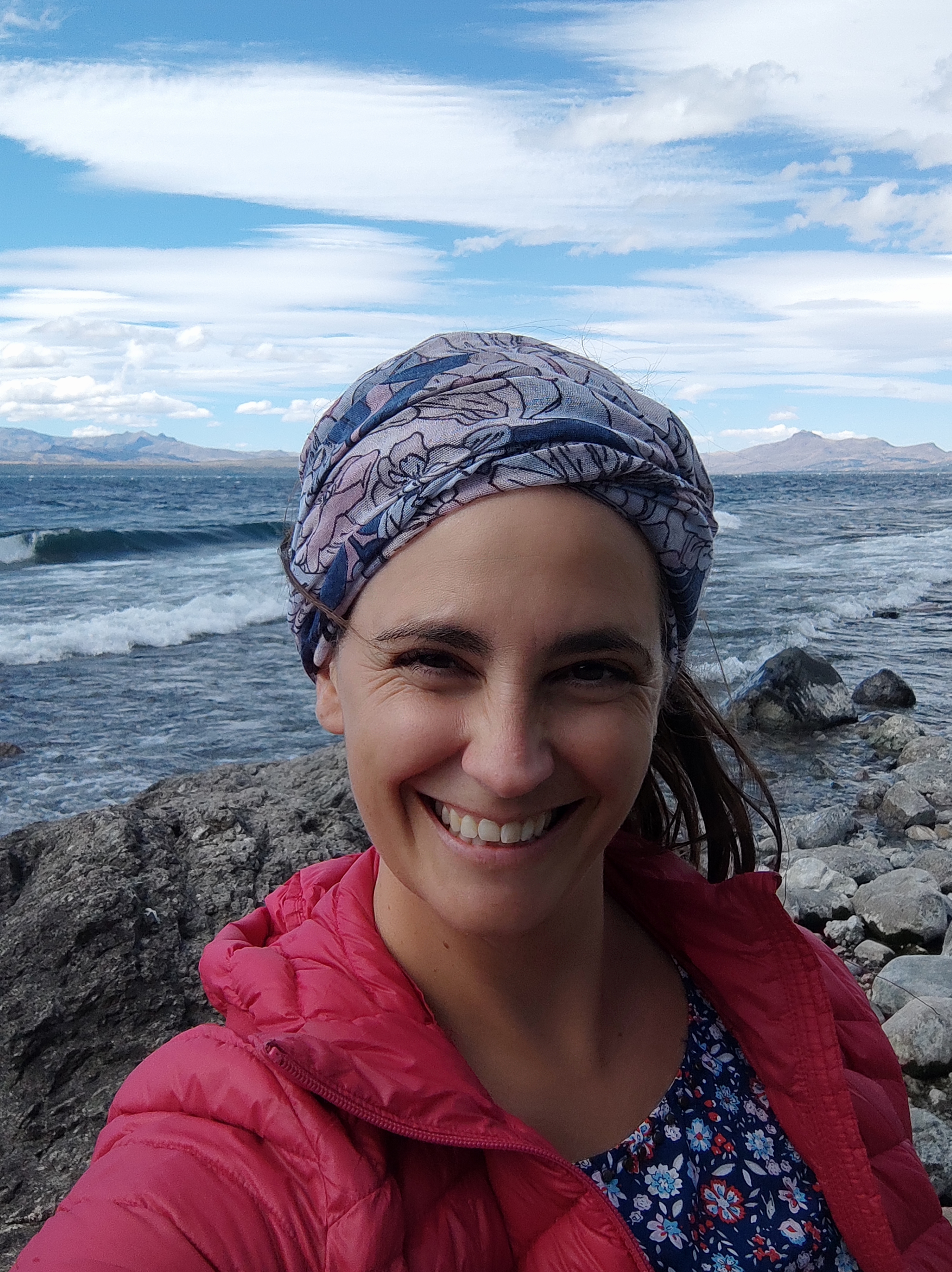 |
This research seeks to address the discussions about communication and connectivity inequalities in our continent while looking at transformative action taken by collectives and organizations that make efforts to connect various territories. This paper intends to explore the processes being developed, which we have been studying for a few years through research and extension projects, in order to change and challenge the logic and public policy conditioned by the telecommunications market by comparing them to others that take connectivity as a fundamental right and service. This allows individuals to exercise their citizens’ rights (Mata, 2006), which are increasingly anchored in the digital world. The current landscape hinders access to connectivity and, thus, communication, mainly in areas that are still unconnected due to technological and/or economic reasons. We aim to raise awareness about initiatives that address this reality and try to change it from a Participatory Action Research (PAR) methodology. To accomplish this, we have conducted interviews and identified key organizations. We have also created a podcast series and audio interviews that are attached to this document. |
Gerardo Martínez Cruz
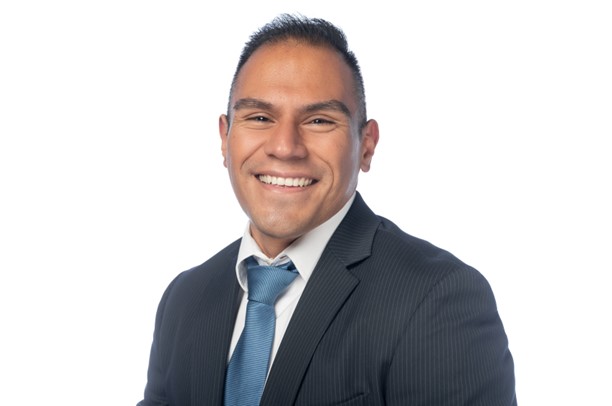 |
In the realm of modern technology, Natural Language Processing (NLP) holds a crucial role, reshaping human-computer interaction, data processing, and insights extraction from unstructured text. The widespread adoption of NLP applications has ushered in a transformative era, integrating sophisticated tools into daily life for internet searches, voice-activated communication, and overcoming language barriers. However, beneath this technological marvel lies a subtle yet significant issue – linguistic bias. Unlike overt biases, linguistic bias poses an indirect obstacle, originating from the network effect and historical dominance of the English language in the digital realm. This research explores NLP comprehensively, emphasizing its pivotal role in the digital era. It addresses the intricacies of language discrimination within NLP, specifically tied to English language dominance. The study highlights the presence of indirect discrimination and proposes viable strategies to mitigate linguistic bias in NLP applications. By delving into these aspects, the research aims to deepen understanding and spark further investigation into creating inclusive and unbiased NLP technologies in our contemporary digital landscape. |
Leonardi Fernández
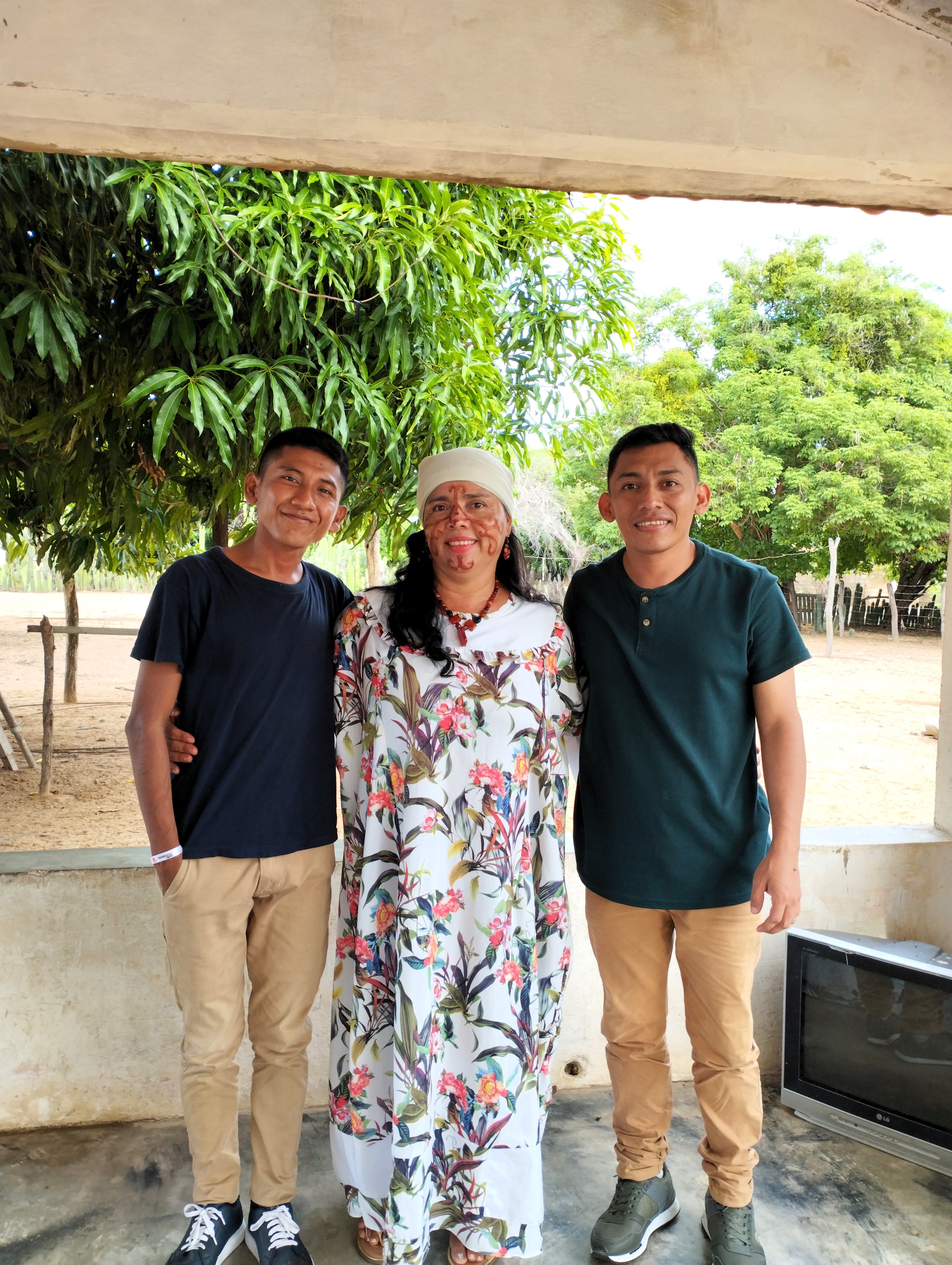 |
This paper has confirmed the power of data and information to close gaps and promote economic and socio-cultural development in populations around the world. However, the sophistication of the internet and new technologies has widened the gap between marginalized and privileged people. In this case, the Wayuu community has experienced a slow growth as well as a slow process of media and digital literacy, which in the long term creates information gaps and lack of skills in comparison to those who are better connected. In addition, this gap can also be seen in the vulnerability of the Wayuu community to cybercrime, phishing and identity theft. Link to YouTube material containing the concluding thoughts provided by participants: |
Jose Alberto Rojas Marcelo
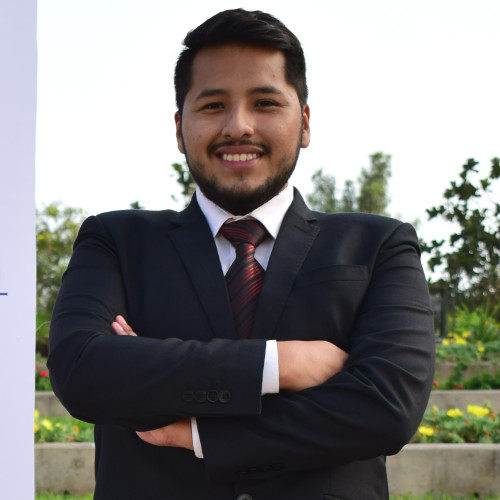 |
This research highlights how digitalization of social interactions has increased the risks of cybercrime, especially online grooming. It analyzes the prevalence of this practice on popular platforms, such as Roblox, Fortnite and Minecraft, putting emphasis on the vulnerability of children in virtual settings. This paper uses a mixed approach. It combines quantitative and qualitative analyses to understand the patterns and strategies used by groomers. An alarmingly increasing number of grooming cases is seen, mainly on mobile devices and computers, which reflects a need for adapted prevention and education strategies. This research underscores the significance of raising awareness among minors, parents and educators, while advocating for a robust and consistent legal framework across the region to tackle this crime effectively. This document intends to provide practical recommendations, such as improved age verification systems, AI-based content moderation and effective parental control. This research is a call to action to strengthen child protection in the digital space by urging the video game industry, legal authorities and child protection organizations to work together to address this issue. |
José Arthur Pereira Alves, Luana Batista Araújo, Mateus Gomes de Oliveira Luz
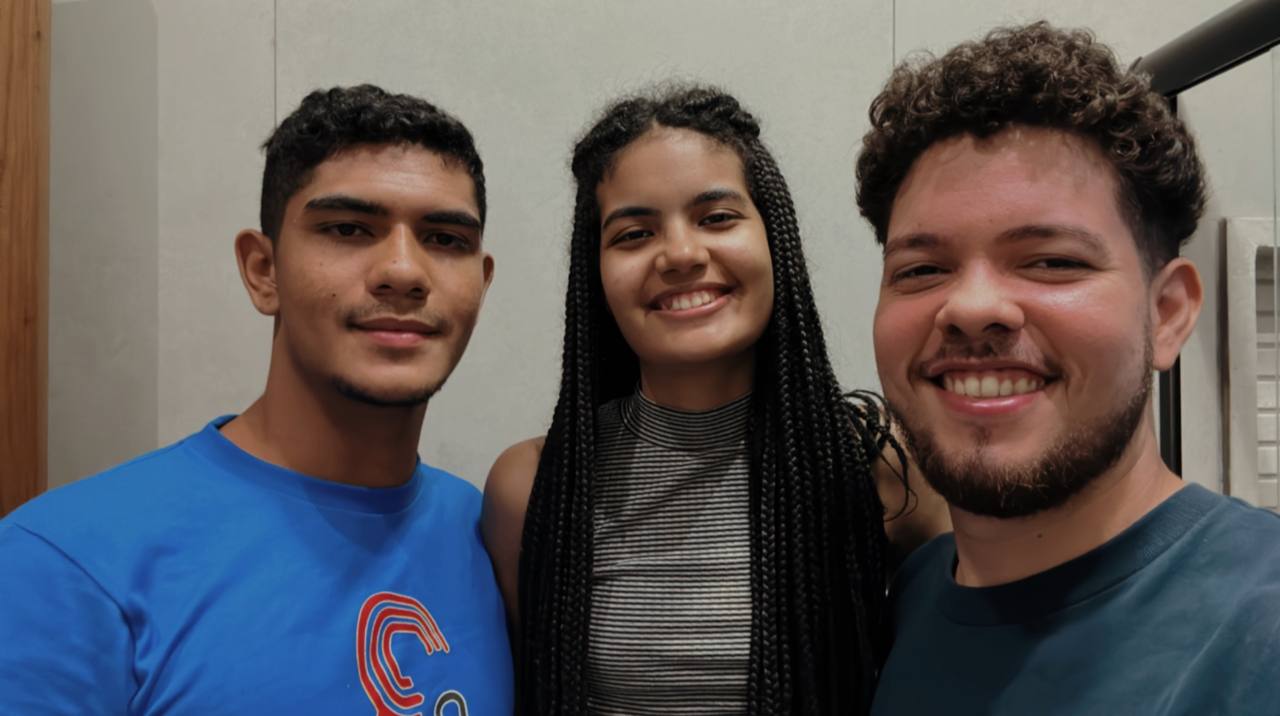 |
The goal of this study is to analyze Internet access in the Guajanaíra community, located in the Guajajara Territory, in the southeast of the State of Pará. The study includes an assessment of connectivity and available services, with a focus on identifying the main barriers and challenges that this community faces in its search for digital inclusion. Additionally, it seeks to explore the role of this network in promoting autonomy and local development, as well as how the Internet is used as a tool for empowerment and cultural preservation. The research seeks to understand how connectivity can positively impact this community, expanding opportunities and improving the quality of life of its residents. |
Thaís Helena Aguiar
 |
This study analyzes the development of cybersecurity in Brazil. The objective is to identify the gaps, advances, and challenges encountered by the country in the formulation and implementation of such policies. Through qualitative and primarily documentary research, the study seeks to understand the history of cybersecurity governance in the country, as well as to suggest potential avenues for its evolution. The study reveals the pressing need for a more robust regulatory framework in Brazil and underscores the emerging trend of securitization of the Brazilian cybersecurity ecosystem. The research seeks to provide inputs to strengthen Internet Governance and contribute to the development of more effective strategies in the public policy debate. Ultimately, the study seeks to drive the evolution of the national cybersecurity landscape, preparing the country for future challenges in this area. |
Vladimir Cortes Roshdestvensky
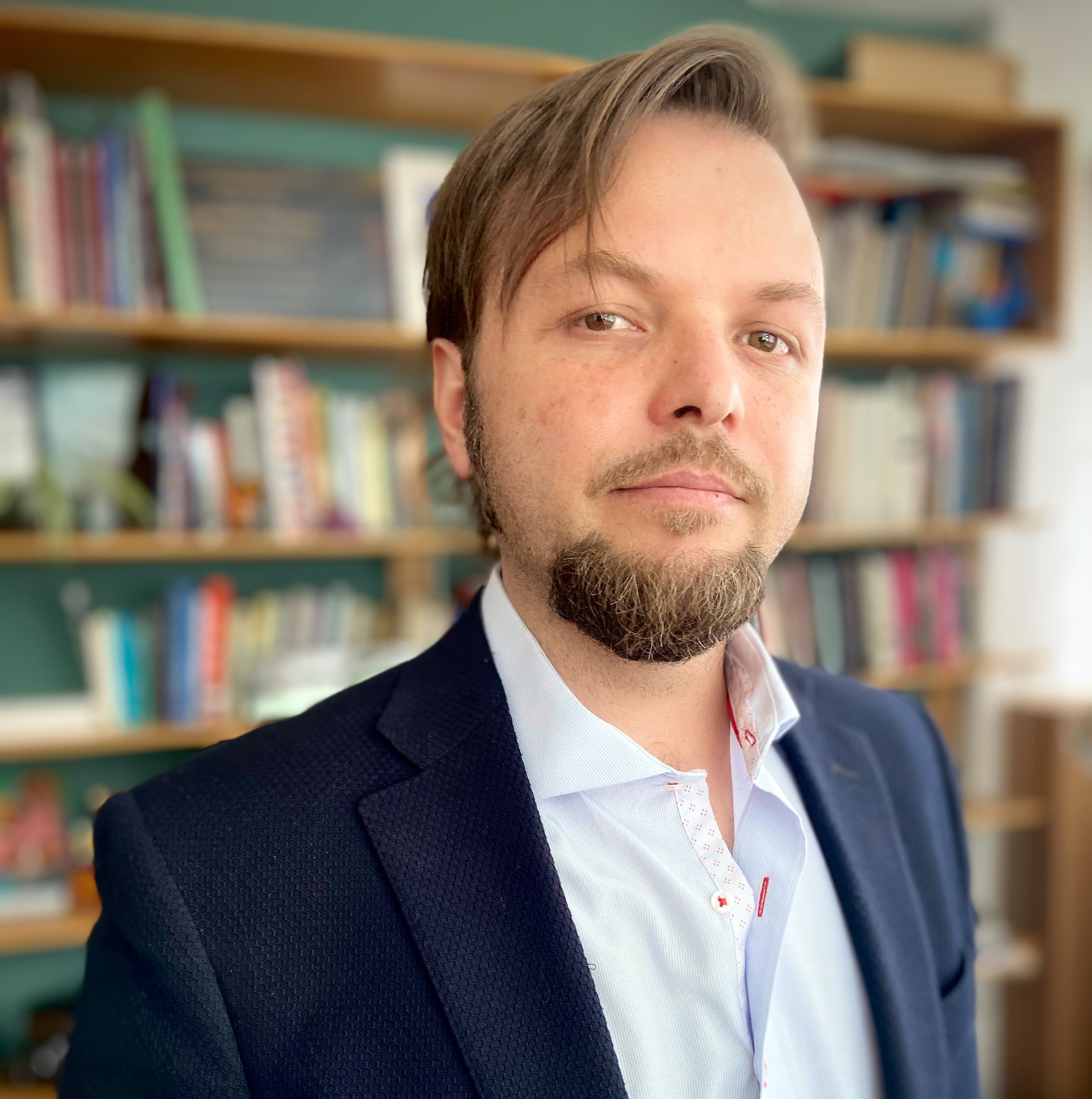 |
This research document is an approximation into the intricate dynamics of digital inclusion efforts in Mexico, focusing on collaborative initiatives involving Altán Redes (AR), Civil Society Organizations like Indigenous Community Telecommunications (Telecomunicaciones Indígenas Comunitarias, TIC AC), and Wiki Katat, the first Social and Community Mobile Virtual Network Operator (SC-MVNO) in the country. Overcoming challenges such as building trust among users in Mobile Virtual Network Operators (MVNO) in Mexico, navigating the integration to the complexities of wholesale mobile network operators, and addressing mobile phone incompatibility with the 700 MHz frequency band, these initiatives represent a paradigm shift in telecommunications models, prioritising community-based approach dynamics over profit-centric motives. The evolving digital landscape underscores a shift towards inclusive, community-centric models, exemplified by collaborations empowering local communities and challenging traditional narratives of large companies. Strategic litigation has played a pivotal role in recognising indigenous rights, marking a turning point in empowering indigenous communities, and contributing to a multistakeholder approach to bridge the digital divide in Mexico. |